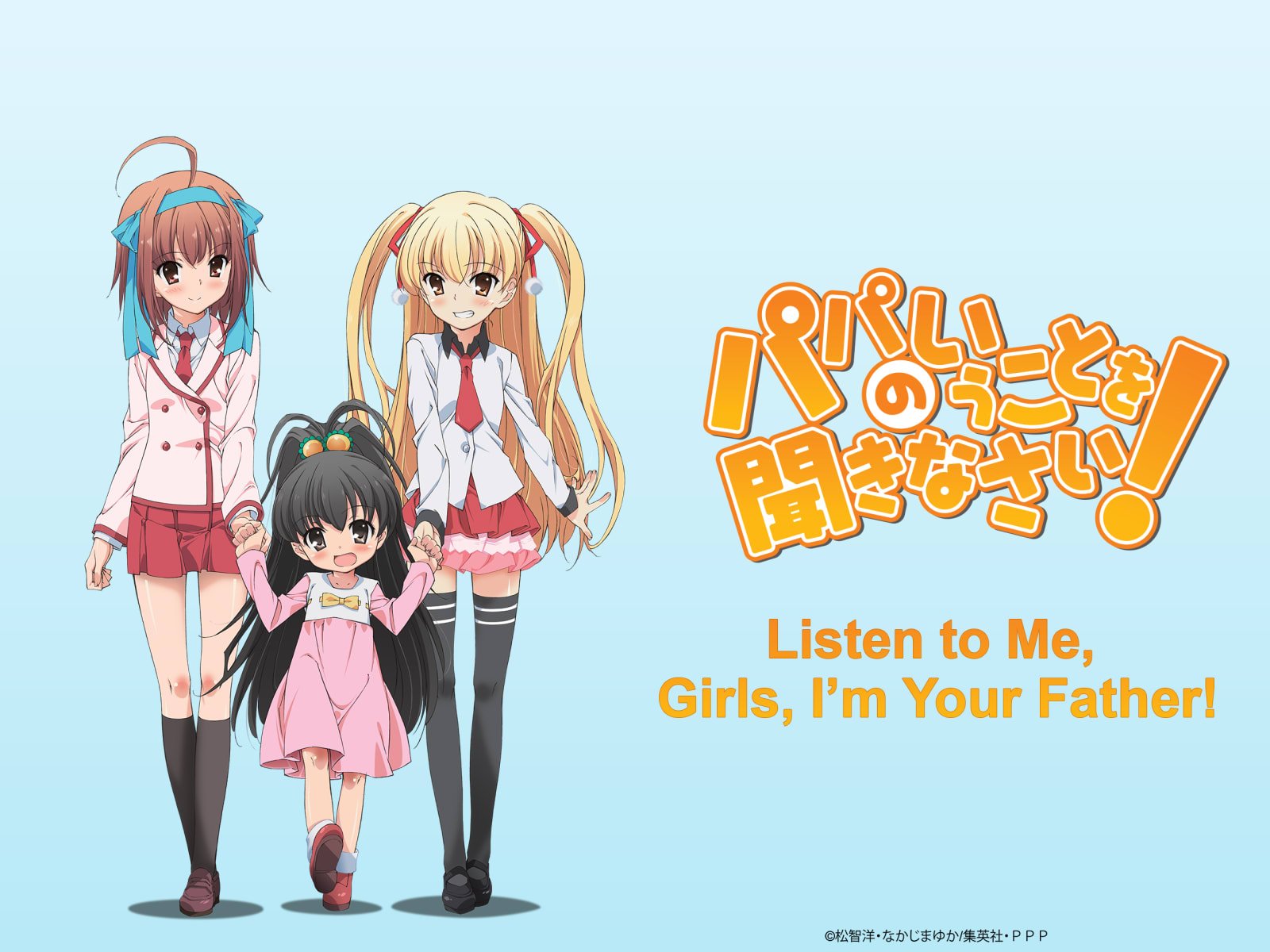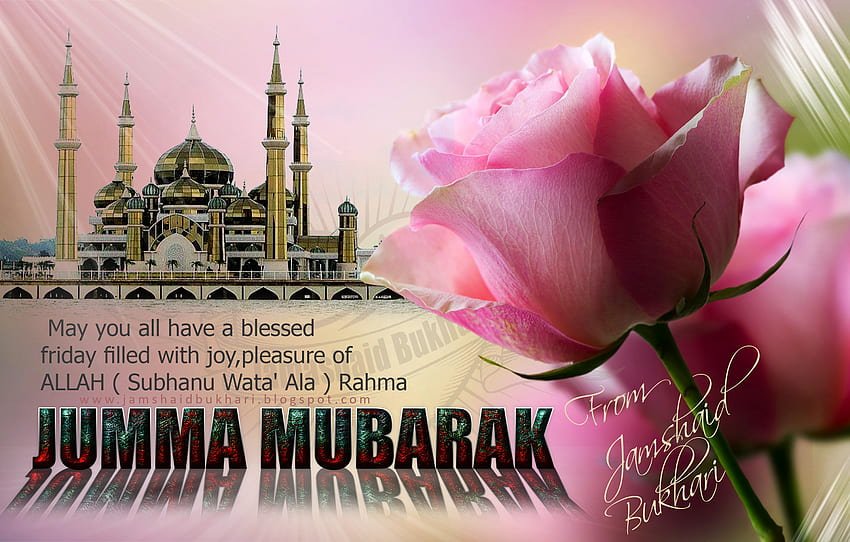Jummah, the Arabic word for Friday, holds a significant place in the hearts of Muslims around the world. It is not just the end of the workweek, but a day imbued with deep spiritual significance and communal bonds. Jummah Mubarak, which means “Blessed Friday,” is a common greeting exchanged among Muslims to wish one another peace, blessings, and spiritual upliftment on this sacred day. As the congregation gathers for the weekly Friday prayer, known as Salat al-Jumu’ah, the community comes together to reflect, worship, and support each other in faith.
In this article, we will explore the meaning and importance of Jummah Mubarak greetings, how they strengthen relationships within the Muslim community, and why they carry such a profound significance.
The Importance of Jummah in Islam
The day of Jummah is highly regarded in Islam as a day of worship, reflection, and community gathering. Unlike other days of the week, Friday is considered a day when Muslims are encouraged to pause their worldly pursuits and devote time to spiritual matters. The Prophet Muhammad (PBUH) emphasized the significance of Jummah, stating:
“The best day on which the sun has risen is Friday. On this day, Adam was created, and on this day he was admitted into Paradise, and on this day he was expelled from it.”
(Sahih Muslim)

For this reason, Friday is viewed as a day of remembrance and supplication, when believers come together to reaffirm their faith and seek the blessings of Allah. Jummah prayers, which are held in congregation at mosques, provide a unique opportunity for spiritual growth and reflection. Muslims are also encouraged to read Surah Al-Kahf (The Cave) and make dua (supplication) during this special day.
What Does “Jummah Mubarak” Mean?
The phrase “Jummah Mubarak” is used as a way to wish others blessings and peace on Friday. The word “Mubarak” means “blessed,” so Jummah Mubarak essentially translates to “Blessed Friday.” This greeting serves as a reminder of the sanctity of the day and encourages Muslims to engage in good deeds, make extra prayers, and connect with their fellow believers.
Sharing Jummah Mubarak greetings has become a widespread practice in the Muslim world, as it allows individuals to spread goodwill and positive energy. Whether exchanged in person, through text messages, or on social media, these greetings carry deep spiritual meaning and strengthen the bonds of faith.
The Spiritual Significance of Jummah Mubarak Greetings
Muslims believe that Jummah is a day filled with blessings, and exchanging Jummah Mubarak greetings is a way to invoke those blessings for oneself and others. The act of wishing someone Jummah Mubarak serves as a reminder of the importance of the day and encourages both the sender and receiver to focus on their spiritual well-being.
By sending Jummah Mubarak greetings, Muslims remind one another to seek forgiveness from Allah, engage in acts of charity, and strive for self-improvement. It’s a gentle nudge to make the most of this holy day, ensuring that it’s not just another Friday, but a day of meaningful worship and reflection.

Common Forms of Jummah Mubarak Greetings
There are many ways to convey Jummah Mubarak greetings, each filled with a sense of devotion and brotherhood. Below are some examples of how Muslims extend these greetings to one another:
- Simple Jummah Mubarak Greeting:
“Jummah Mubarak! May Allah shower His blessings upon you and your family.” - Supplicatory Greeting:
“Jummah Mubarak! May Allah grant you peace, prosperity, and success in this life and the Hereafter.” - Remembrance Greeting:
“Jummah Mubarak! Remember to make dua and seek Allah’s mercy on this blessed day.” - Prayer-Focused Greeting:
“Jummah Mubarak! May your prayers be answered and your heart filled with contentment.”
These greetings are often personalized, reflecting the sender’s wishes for the recipient’s well-being. They can be sent via social media, messaging apps, or even as handwritten notes, allowing the expression of blessings to reach people far and wide.
Jummah Mubarak Greetings in the Digital Age
In today’s fast-paced, interconnected world, Jummah Mubarak greetings have taken on a new dimension. Social media platforms like Facebook, Instagram, and Twitter are filled with beautiful posts and messages wishing Jummah Mubarak to millions of people across the globe. The digital age has made it easier for Muslims to connect with one another, no matter how far apart they are, and Jummah Mubarak greetings have become a popular way to spread positivity and spirituality.
One can find a variety of Jummah Mubarak images, quotes, and videos circulating online, each crafted to inspire, uplift, and remind Muslims of the blessings of Friday. Sharing these posts not only enhances one’s spiritual connection but also spreads awareness of the significance of Jummah to a broader audience.
For instance, a simple Jummah Mubarak post on Instagram might read:
“May the light of Jummah bring peace and guidance to your soul. Jummah Mubarak!”
These messages, often accompanied by peaceful imagery or Quranic verses, foster a sense of unity and shared faith among Muslims worldwide.

The Role of Jummah Mubarak Greetings in Strengthening the Ummah
In Islam, the concept of Ummah (community) is central to the faith. Jummah Mubarak greetings serve as a powerful tool in strengthening this sense of community. By wishing others blessings on Friday, Muslims reinforce their connection to each other and the broader Muslim world. It fosters a spirit of goodwill and encourages believers to care for one another, as the Prophet Muhammad (PBUH) said:
“The believers are like one body. If one part of the body hurts, the whole body suffers.”
(Sahih Bukhari)
By sending Jummah Mubarak greetings, Muslims reaffirm their commitment to supporting one another and sharing in each other’s joys and struggles. It’s a simple but profound way of saying, “We are in this together.”
The Global Practice of Jummah Mubarak
From the bustling streets of Cairo to the serene villages of Indonesia, Jummah Mubarak greetings are exchanged by Muslims everywhere. While the form of greeting may vary depending on the cultural context, the sentiment remains the same – a shared wish for blessings and peace.
In some countries, Jummah Mubarak is part of the daily conversation. For example, in Pakistan and India, many people send Jummah Mubarak messages to friends and family, often in their native languages, like Urdu, Hindi, or Bengali. These messages are usually heartfelt and reflect the importance of Jummah in their lives.
In the Arab world, Jummah Mubarak greetings are exchanged as a sign of respect and camaraderie. Whether in person or via text, people ensure to wish one another a blessed Friday, often including a Quranic verse or a dua.
In Western countries where Muslims are a minority, Jummah Mubarak greetings help Muslims stay connected with their faith and community. These greetings serve as a way to maintain religious identity and strengthen bonds with fellow Muslims, even in societies where Islamic traditions may not be as prevalent.
Jummah Mubarak: A Reminder of Charity and Good Deeds
Friday, the day of Jummah, is also a time to reflect on the importance of charity and good deeds. Muslims are encouraged to give Sadaqah (charity) on Fridays, as it is a day when good deeds are multiplied in reward. The Prophet Muhammad (PBUH) said:
“Charity given on Friday is greater (in reward) than on any other day.”
(Ibn Majah)
In this sense, Jummah Mubarak greetings often carry an additional message – a reminder to engage in charitable acts, help those in need, and share one’s blessings. This can be seen in greetings such as:
“Jummah Mubarak! Don’t forget to give to those in need and spread kindness today.”
By including these reminders in Jummah Mubarak messages, Muslims encourage one another to lead lives of compassion, generosity, and service to humanity.
Read Also: jummah-mubarak-greetings-a-spiritual-tradition-of-blessings-and-brotherhood/
Conclusion: The Power of Jummah Mubarak Greetings
The practice of exchanging Jummah Mubarak greetings has become an integral part of Muslim culture worldwide. It serves not only as a reminder of the spiritual significance of Friday but also as a means of spreading peace, love, and blessings among fellow believers. Whether shared in person, through text, or across social media, these greetings reflect the universal bond of faith that connects Muslims across the globe.



